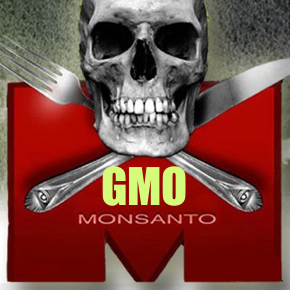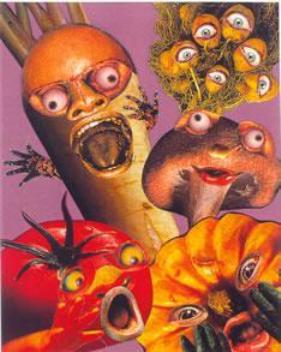
Meet the people fighting resource grabs, cultivating traditional crops, and defending their communities from exploitation by multinationals. When it comes to ‘feeding the world,’ agribusiness keeps selling the same old “solutions” that are actually undermining people’s access to healthful and sustainable food: massive industrialized farming operations, biotech (GMO) crops, pesticide-intensive mono-cropping, and so-called “free trade” agreements. They insist we just need to produce more food (with their seeds and petrochemicals) for the nearly one billion people who go hungry each year—yet landfills overflow with food waste in countries where agribusinesses have gained control of seeds, livestock, markets, and prices. In spring 2013, Monsanto grabbed headlines when its genetically modified wheat, MON71800—not approved for production or consumption—was found growing in a farmer’s field. Yet in June, Monsanto and […] Read More



